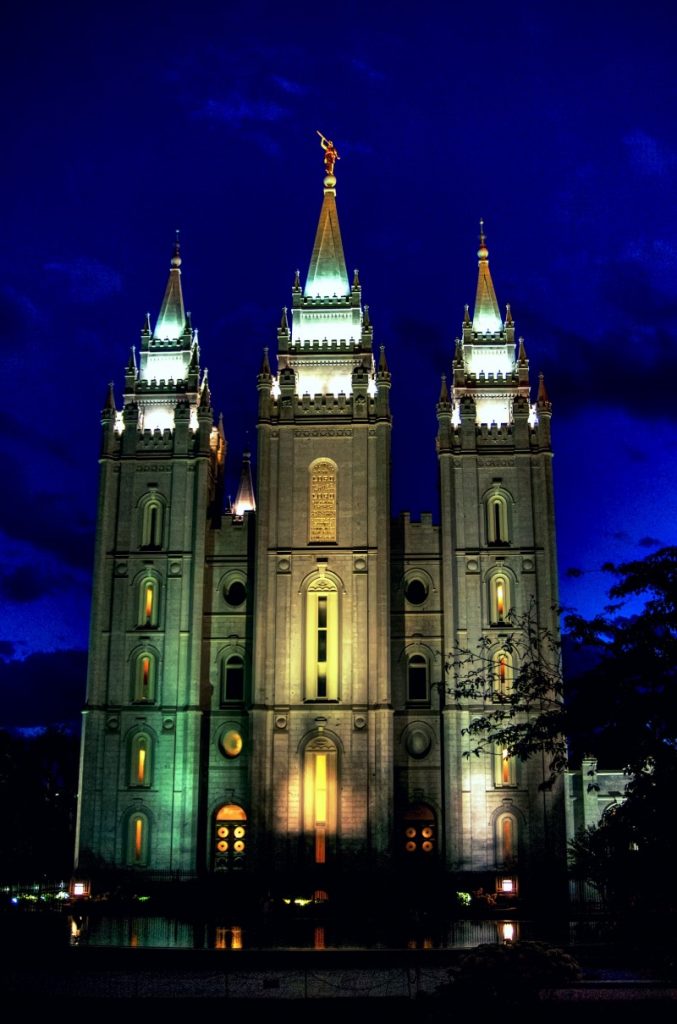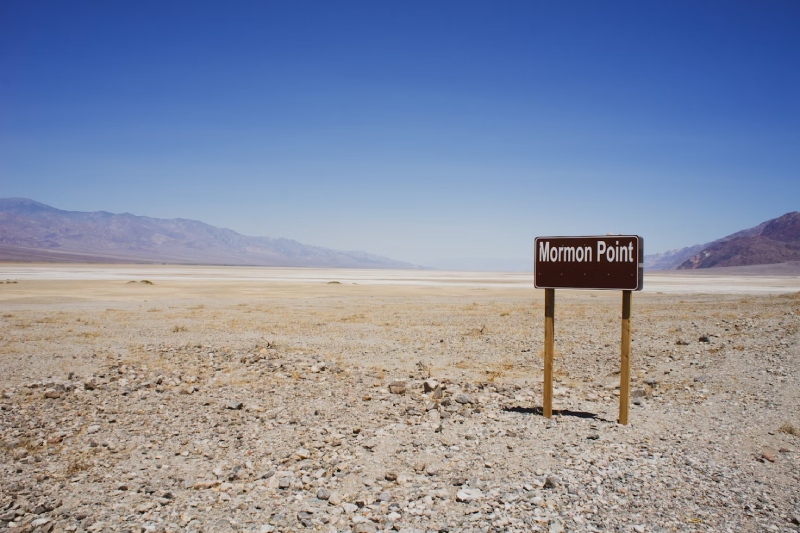Members of The Church of Jesus Christ of Latter-day Saints, often referred to as Mormons, are widely known for abstaining from coffee. This practice stems from a tenet called the Word of Wisdom, a health code revealed to church founder Joseph Smith in 1833. Let’s delve into the reasons behind this unique dietary principle.
What the Word of Wisdom Says
The Word of Wisdom, found in the Doctrine and Covenants (D&C) 89, outlines several health guidelines. Notably, it advises against the consumption of “hot drinks” (D&C 89:9), which has been interpreted by church leaders to specifically mean coffee and black and green tea. The passage also promotes a plant-based diet, encouraging members to consume grains, fruits, and vegetables (D&C 89:10-17).

Understanding Coffee and Its Prohibition
The specific reason for coffee’s prohibition is not explicitly stated in the scripture. However, theories suggest it may be due to the prevailing views on health in the 19th century, when coffee was sometimes seen as detrimental to health. Additionally, some believe it was a way to discourage members from gathering in taverns where coffee was commonly served.
Cultural and Social Implications
Abstaining from coffee has become a significant cultural marker for Mormons. It serves as a symbol of their commitment to their faith and health principles. However, it can also create social challenges. Mormons may feel excluded from coffee breaks at work or gatherings, and some may find it difficult to explain their beliefs to others.
Personal Testimonies and Experiences
Many Mormons report experiencing health benefits after adhering to the Word of Wisdom. Some say they have more energy and focus, while others cite improved sleep patterns. However, individual experiences vary, and some members may not notice a significant difference. Ultimately, the decision to follow the Word of Wisdom is a personal one.

Comparisons with Other Religious Dietary Practices
Several religions have dietary restrictions. For example, Muslims avoid pork and alcohol, while Hindus often adhere to a vegetarian or vegan diet. These restrictions are often linked to religious beliefs about purity or non-violence. The Word of Wisdom, in contrast, focuses primarily on health and promoting a moderate lifestyle.
Conclusions
The avoidance of coffee by Mormons is a unique practice rooted in the Word of Wisdom. While the reasons for the prohibition may not be entirely clear, it remains a core principle for many members of the faith. The Word of Wisdom serves as a reminder of the importance of health and living a moderate lifestyle, and its cultural significance continues to shape the lives of Mormons around the world.





